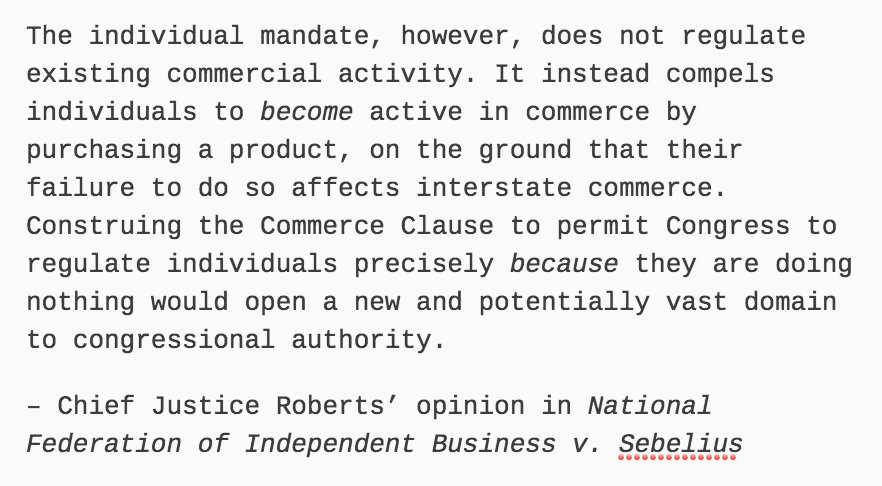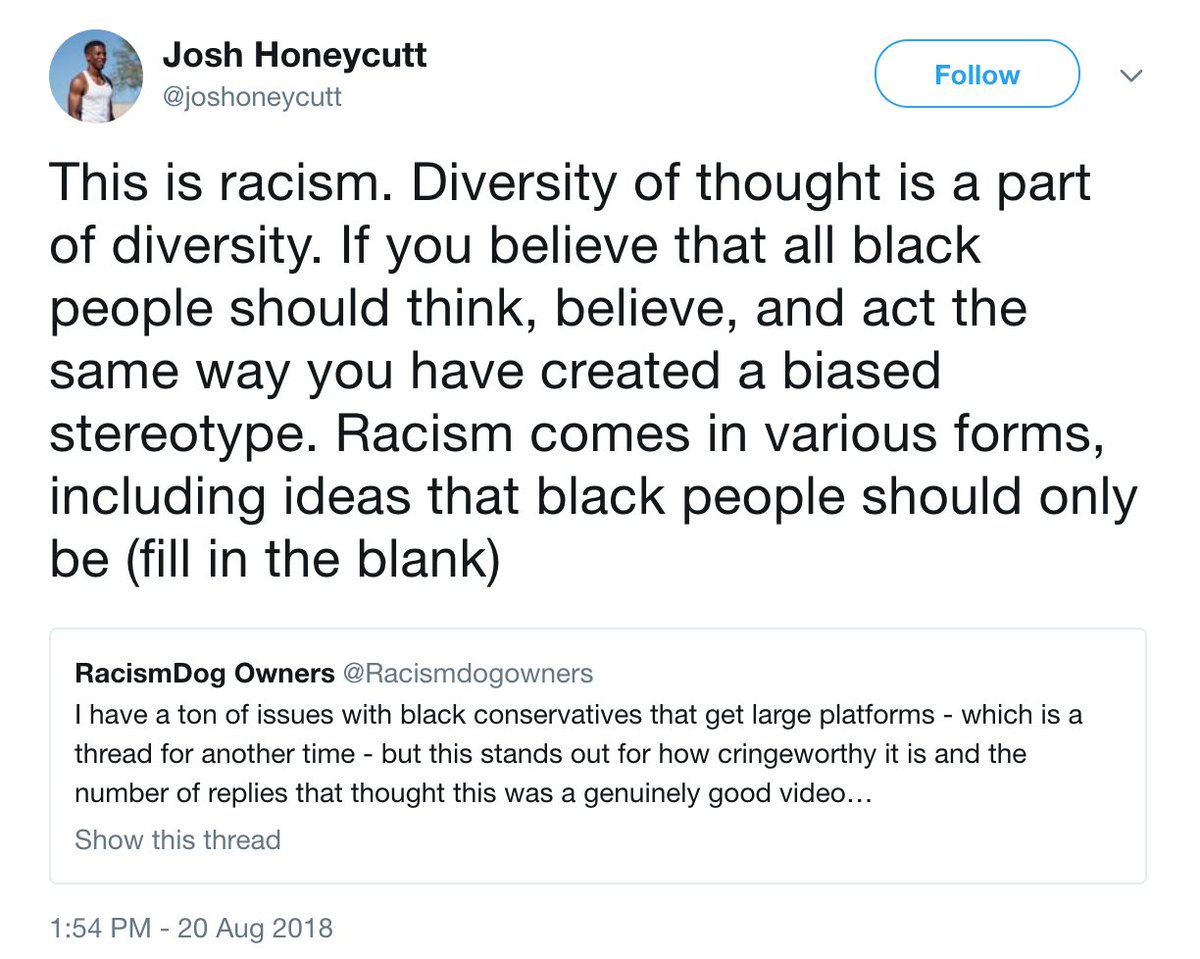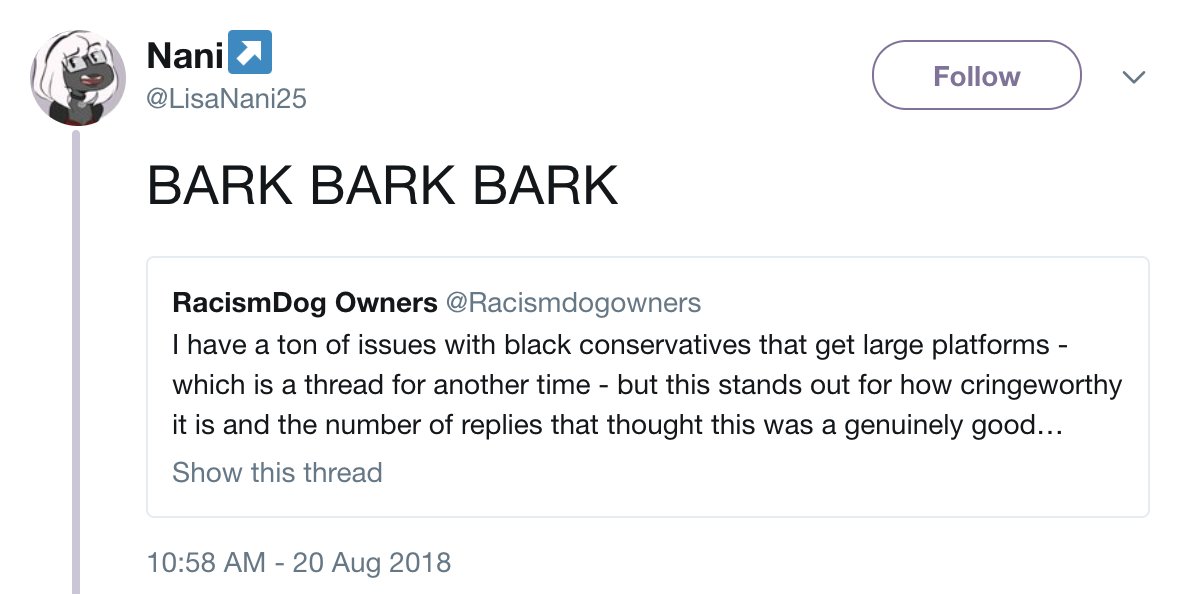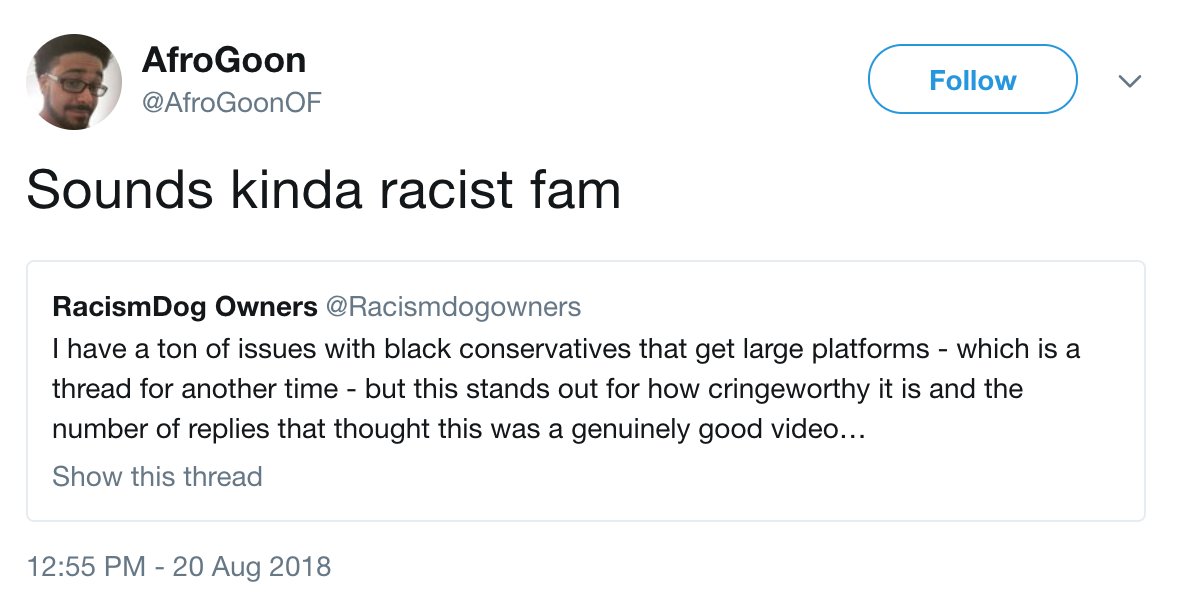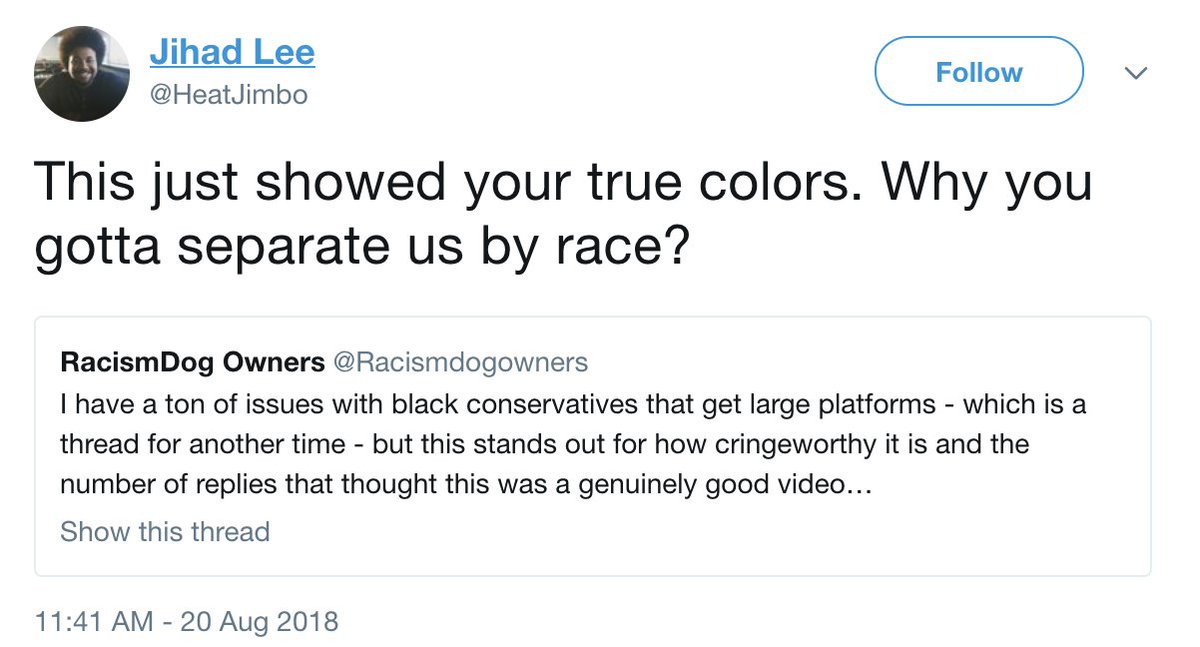I made mention awhile back that I held constitutional objections to the Medicare For All proposals that periodically come up. It's a complex topic, so it took me a couple weeks to put this together into a (hopefully) coherent argument, but at last, here it is. #m4a
Let's just assume that, if implemented, it's a guaranteed success.
• A federal-level program
• with Single Payer funding
• offering universal access to health services (preventative, promotive, rehabilitative, palliative)
It needs to be said up front that this relies on nigh on a century of jurisprudence, so this will be highly abridged.
1. The general welfare clause
2. The necessary and proper clause
3. The commerce clause
The 1st and 2nd provide a general context for pursuing such a program, while the 3rd is where specific authority is derived.
- We've got this proposal, and by any objective measure, M4A is for the "general welfare".
- And we have the power to legislate the execution thereof.
It's rough, but it also kind of adds up, right?
As outlined above, this is a horribly insufficient defense, and no legal authorities are actually employing it. But keep reading...
1. It's still relatively popular among armchair pundits, so it's worth dispelling.
2. It lays some nice groundwork before we hit the commerce clause.
There are times where the Constitution admittedly seems open to multiple interpretations, and in those cases, it's incumbent on us to suss out its original intent as faithfully as possible.
Friends, we did NOT receive the Constitution from aliens.
We did NOT find it in a sarcophagus.
We got it from 18th century humans, and it turns out they wrote a LOT of secondary sources that speak to these ambiguities.
Ok, /soapbox.
So, suffice it to say, the general welfare clause isn't actually the "do whatever the heck you want, so long as it seems good clause".
1. Those who believe it is a redundancy and offers absolutely NO powers.
2. Those who view it as an "elastic clause", and therefore as one of the MOST powerful of all.
But just to put a ribbon on that: these 2 clauses don't grant new domains of power, they only modify the enumerated powers that follow them.
.
.
*exhales slowly*
.
.
Ok, let's continue.
It's not that I dislike or disagree with anything it actually says, mind you. It's more the kind of dislike that one might feel for baseball bats after spending too much time with Negan.
Bad. Let's start with the sad story of Mr. Filburn, a farmer operating in 1940's Ohio. His troubles began when he ran afoul of the Department of Agriculture for farming too many acres of wheat.
• He actually HAD followed regulations for how much acreage he could farm *for commerce*.
• The excess acreage was for personal use.
• How much wheat he grew for himself was none of the government's gosh dern business.
Yeah, about that:
• Filburn grew wheat for himself.
• This act affected a HYPOTHETICAL alternative course of action involving interstate commerce.
• Ergo, the commerce clause enables the government to restrict how much wheat you grow for personal use.
For example, the commerce clause underpins the Clean Water Act, which superficially seems hard to oppose.
But allow me to pose this: having just read the commerce clause, do you think its authors ever intended it to extend to your backyard rain collection activities?
I've actually sustained an uninterrupted internal scream ever since.
Yeah, except the choice not to act, you imbeciles.
*more internal screaming*
We should start by noting that:
• being funded through a Single Payer model, and
• not relying on a punitive tax for inactivity in a private market
...M4A avoids many of the objections that plagued the ACA.
• leverage its powers under the necessary and proper clause to enact M4A, and
• leverage its powers under the general welfare clause to fund it through tax revenue?
Neither the general welfare clause nor the necessary and proper clause grant ANY domains of power. They define WAYS in which Congress can act, but they're still restricted to the subsequent, enumerated realms of concern.
And as we've seen, the commerce clause is a sneaky bastard with decade after decade of encroaching misapplication.
When that program would constitute the largest single expenditure of the federal government, start over.
• On the one side, we uphold a natural reading of the clause itself.
• On the other side, you have justifications for scope creep based on previous controversial rulings in 1937, 1941, 1995, etc.
This was, once again, quite long, but thank you for taking the time to read it. I realize that this topic is exceedingly complex, and there's room for multiple views on these things. I just hope that this was a passable expression of one of them. 🤗







